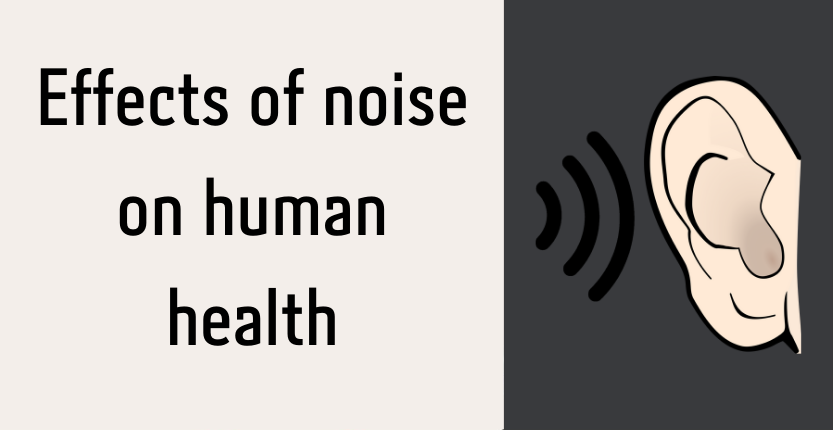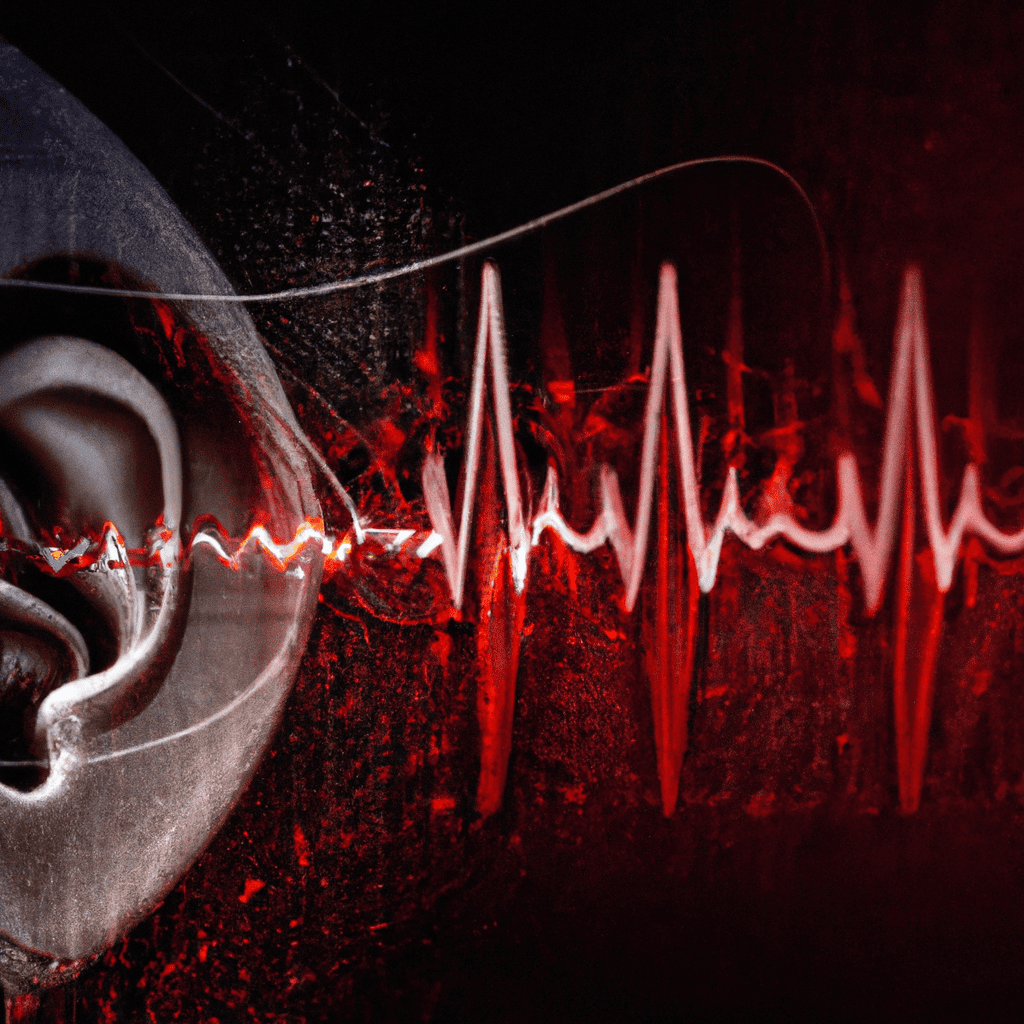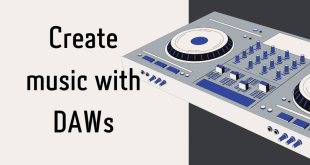Noise pollution is a growing concern worldwide, as noise levels continue to increase in urban and industrial areas. Excessive noise can cause a range of negative health effects, including hearing loss, cardiovascular disease, sleep disturbances, and cognitive impairment. This article provides a comprehensive overview of the effects of noise pollution on human health, including its causes, effects, and potential solutions.

Noise pollution is defined as the presence of unwanted and disturbing sound in the environment that interferes with human activities and causes harm to human health and well-being. Excessive noise is becoming a major concern in today’s world due to the rapid increase in urbanization and industrialization. According to the World Health Organization (WHO), environmental noise pollution is one of the leading environmental health risks and affects more than one-third of the world’s population.
Causes of Noise Pollution:
The sources of noise pollution can be natural or man-made. Natural sources of noise pollution include thunderstorms, earthquakes, and waterfalls, while man-made sources include traffic, airplanes, construction sites, and industrial machinery. The intensity of noise pollution depends on various factors, including the distance from the source, the time of day, and the duration of exposure.
Effects of Noise Pollution:
Noise pollution can have a range of negative effects on human health, including physical, psychological, and physiological effects. One of the most common effects of noise pollution is hearing loss. Exposure to high levels of noise can cause permanent damage to the inner ear, leading to hearing loss, tinnitus, and hyperacusis.
In addition to hearing loss, noise pollution can also cause cardiovascular disease. Exposure to noise pollution can increase blood pressure, heart rate, and stress levels, which can lead to hypertension, heart disease, and stroke. Research has also linked noise pollution to sleep disturbances and cognitive impairment, including memory loss, attention deficit, and decreased learning abilities.
Impact on Mental Health:
In addition to physical health problems, noise pollution can also have a significant impact on mental health, causing stress, anxiety, and depression.
Studies have shown that exposure to excessive noise can lead to changes in brain chemistry, including increased levels of cortisol (the stress hormone), which can contribute to a range of mental health problems.

Solutions to Noise Pollution:
There are various solutions to mitigate the effects of noise pollution, including legislative measures, technological solutions, and personal interventions. Legislative measures involve the implementation of noise standards and regulations to limit the amount of noise emitted from various sources, such as industrial sites and transport systems.
Technological solutions include the use of sound barriers, noise-absorbing materials, and noise-canceling headphones to reduce the amount of noise entering the environment. Personal interventions include the adoption of healthy lifestyle habits, such as regular exercise, a balanced diet, and stress management techniques, to reduce the negative effects of noise pollution on health.

Noise pollution is a significant environmental health risk that affects millions of people worldwide. The effects of noise pollution on human health are numerous and can range from hearing loss to cardiovascular disease and cognitive impairment. To mitigate the effects of noise pollution, a multi-faceted approach is required that includes legislative measures, technological solutions, and personal interventions. By raising awareness of the negative effects of noise pollution on human health, we can work towards creating a healthier and more sustainable environment for all.
